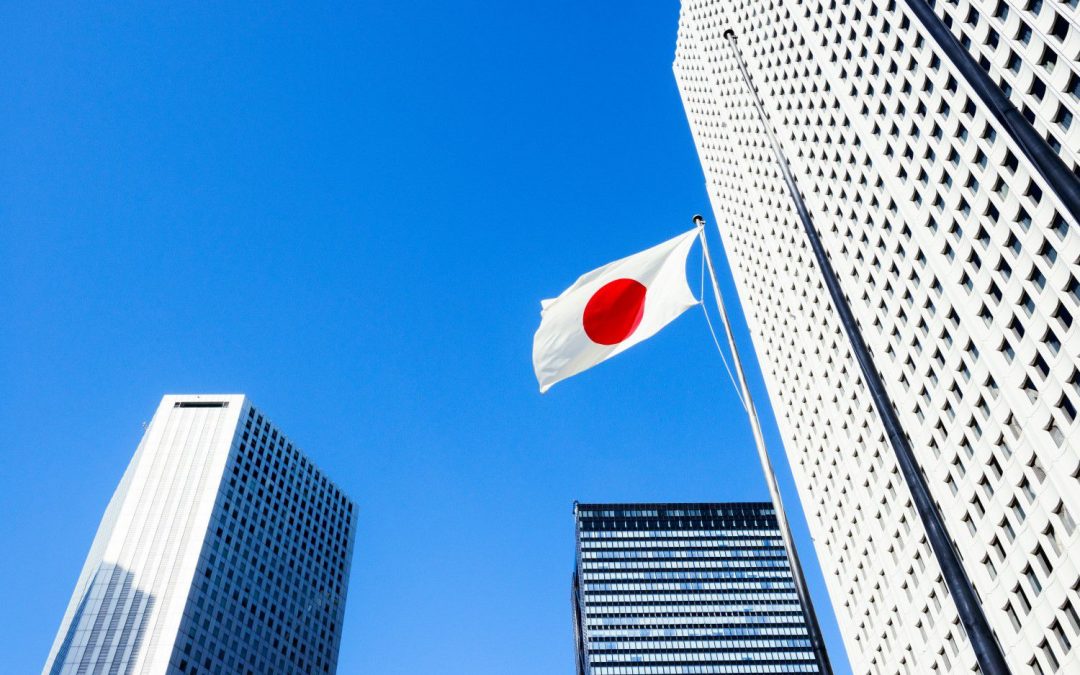Crypto companies in Japan have implored authorities to change tax policies that some say are driving them out of the country. Recent government policy announcements indicate that their calls are unheeded.
On Dec. 10, Japan’s ruling coalition approved a tax plan for the 2022 fiscal year which continues to treat token listings as taxable. Once tokens are listed on an active market, issuers are liable to pay tax even if they don’t sell.
A project that lists some of its tokens on exchanges and keeps the rest in its treasury also has to pay taxes on what it holds if its market value goes up.
If the core team doesn’t have the funds to pay the taxes, as is often the case with early-stage startups, it is forced to sell more tokens to public markets. This adversely affects both the token price, and the overall health and trajectory of the project.
Certified tax accountant Kenji Yanagisawa told CoinDesk that the tax rate for the token issuer is around 35%.
If a token issuer airdrops a token, both the issuer and the recipient are taxed.
The current taxation regime “will not change for at least another year,” Yanagisawa said.
Brain drain
Japan’s corporate tax policy has driven crypto project founders to dissolve their entities in Japan and move to other countries.
Mai Fujimoto, founder of Gracone, a blockchain and cryptocurrency consulting company, said that she knows of eight projects that have moved away from Japan.
One of these is the Astar Network, a multi-chain dApp hub founded by Sota Watanabe. Unclear regulation and high taxes are a “severe problem in Japan,” Watanabe told CoinDesk.
Tokens are taxed once they are listed on an active market, but there is no clear definition of an active market, he said.
Listing on a top exchange like Binance almost undoubtedly constitutes an active market, but it is unclear whether listing on decentralized exchange or an exchange with low trading volume would count as one, he said.
In July, Japan’s Financial Services Agency (FSA) announced the launch of a DeFi study group, chaired by Hideki Kanda, a jurist and law professor at Gakushuin University. Most of the members are legal scholars, with the exception of the CTO of LayerX and an executive from Sony.
Watanabe created an entity in Singapore in October 2020 and dissolved his Japanese entity in 2021. He said that this cost roughly $200,000 in legal and accounting fees.
He has also set up a program to help other Japanese crypto companies migrate to Singapore. He plans to issue tokens in Singapore and send feedback to the Japanese government on how hard or “almost impossible” it is to do Web 3 projects with native tokens in Japan accompanied with concrete numbers on valuations and token holders.
Some entrepreneurs cite the lack of supporting policies to grow the domestic blockchain industry as an additional reason for their departure.
Leona Hioki, CEO of Ryodan Systems AG had thought that Japan might encourage a homegrown crypto industry “like China did for the Internet industry.”
“My expectations seem wrong,” he said. He left for Switzerland this year, describing it as “neither [an] extreme tax haven nor a crypto chaos jungle,” noting that in Zug, companies can pay taxes with Bitcoin.
Market outflow
Currently, gains for crypto investors fall under miscellaneous income. Tax rates on crypto gains depend on individual income but the highest earners can be taxed up to 55%.
In comparison, the tax rate for stock gains is about 20% for individuals.
“Japanese tax regulation is crazy and wrong,” Genki Oda, president of crypto exchange BITPoint, told CoinDesk. If the authorities were to make the tax law on crypto equivalent to that of stocks, he estimated that JPY 10 trillion to JPY 20 trillion ($88 billion to $175 billion) would return to Japan’s crypto markets.
There is some engagement between government and founders. Watanabe is a task force member of the Trusted Web Promotion Council, which is led by Japan’s Cabinet Secretariat. He said that they “would like to push innovation” but financial authorities like the FSA are “very conservative” due to notable hacks of Japanese exchanges.
When he issued a token in Japan, though he did not list the token on an active market, he received two letters from the FSA enquiring as to how it worked.
According to Watanabe, Japan lost to the U.S. in internet, mobile and cars, and is losing in a lot of electrical appliances to China and South Korea.
“Web 3, blockchain and crypto is going to be the next big movement,” Watanabe said. “We’re going to lose [again] if we don’t change the law on tax.”
What regulators want
The Japan Cryptoasset Business Association (JCBA) have been advocating for lower crypto taxes over the last few years.
In spring this year, the FSA proactively approached JCBA to discuss crypto taxation for the first time, which JCBA viewed as a step forward.
Seiji Yuki, JCBA managing director, explained that many lawmakers want to see compelling use cases for cryptocurrencies before revising regulation.
He said that some local governments of small cities and villages have approached JCBA about doing initial exchange offerings, to offset their decreasing tax revenues.
“They [politicians and lawmakers] need us to find actual business cases,” said Takeshi Chino, managing director of Kraken Japan.
He said that regulators do not see any justification for promoting crypto due to its high volatility. In their view, the crypto market only attracts speculators, not real investors who hold assets for a long time.
If there were more cases of local governments in Japan collaborating with a blockchain company to issue a cryptocurrency, more politicians might be curious about cryptocurrency and support changing the tax regime, he said.
“It’s a chicken and egg problem,” Watanabe said. “The Japanese government needs use cases to change the law. But without changing the law, it’s extremely tough to create use cases.”














